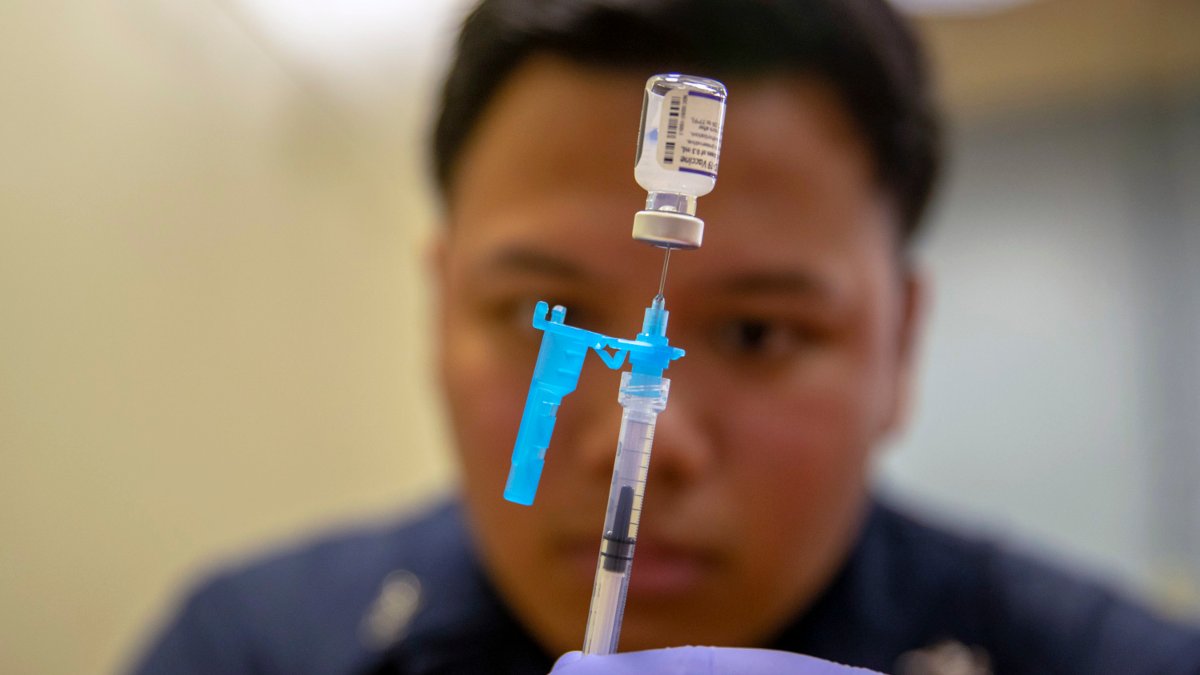A new type of cancer vaccine is capable of thwarting the defensive response of tumors al immune attack induced by this according to a new study published this week in the journal Nature. Although they are still preliminary resultsthe authors state that they could pave the way for new tests to determine their clinical applicability.
Most cancer vaccines target specific cell surface proteins, that is, antigens expressed by tumor cells, which helps the immune system to recognize and attack them.
The vaccine, whose efficacy and safety has been tested in mice and macaques, induces a coordinated attack by T cells and natural killer cells
In this work led by a team from the Dana-Farber Cancer Institute in Boston (USA), the vaccine, whose effectiveness y security has been tested in mice and non-human primates (rhesus macaque), induces a coordinated attack by diverse populations of T cells and natural killer (NK) cells.
“Our vaccine continues to be effective against tumors with common resistance mutations and provokes a coordinated general attack independent of tumor antigens,” he explains to SINC Kai Wucherpfenniglead author of the American Center.
Keys to this new vaccine
This drug targets two types of surface proteins (MICA and MICB) whose expression increases in stressful situations. stress in various human cancers. T cells and NK cells are normally activated by binding to these stress proteins, but tumor cells can evade this attack cutting both and detaching from them.
This vaccine, however, can prevent this cutthus increasing the amount of expression of stress proteins and, consequently, facilitating the stimulation of a dual attack by T and NK cells.
A clinical trial is needed to determine if this strategy works in cancer patients
Kai Wucherpfennig, author principal
For the researchers, these initial results reveal that this vaccine can promote protective immunity against tumors, even those with elusive mutations. Yes, they will be future studies needed to evaluate this potential in humans.
“Needed a clinical trial to determine if this strategy works in cancer patients», emphasizes Wucherpfennig. “In fact, one is being planned for next year and the vaccine will initially be used in people with advanced cancer that present high levels of MICA/B in the serum”, he concludes.
This article was originally published on SINC. You can read it in this link.
–


